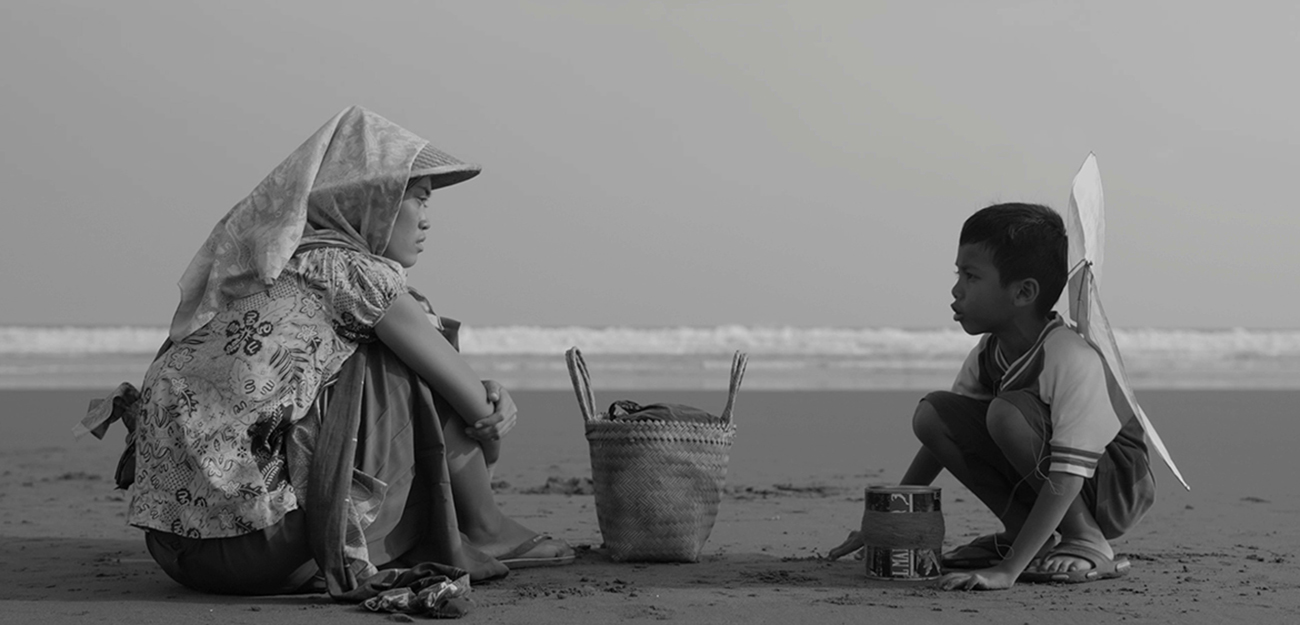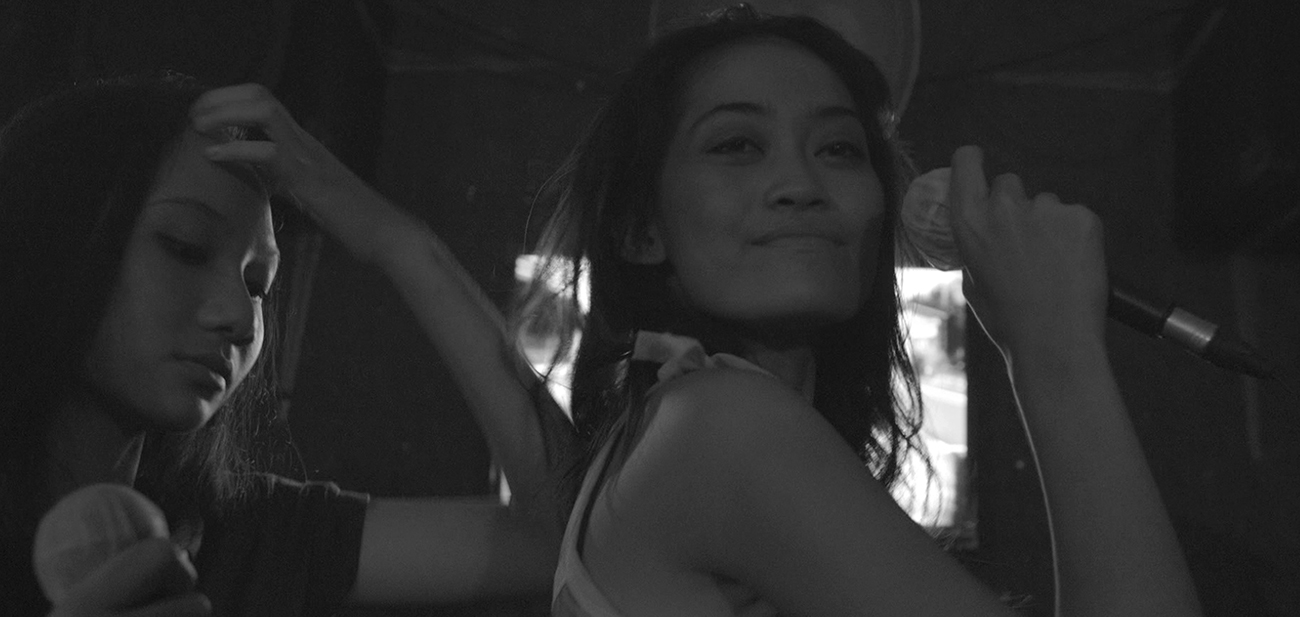“Do you believe in Heaven, mas?”
“I don’t know Siti, but I believe in the sea.”
“How come?”
Indonesia is certainly not the flavor of the month right now but should a nation of more than 250 million people be judged on its foreign policies or a penchant for busting drug lords by putting a bullet into their heads? Using cinema as a vehicle into culture is not original and it is a proven technique that works if you can find the audience but this year’s Indonesian Film Festival really had its work cut out for it. However when films are good, cinema speaks for itself. Directed by Eddie Cahyono, Siti is one gentle, little, melancholic gem that will bring you right down to earth and into the microcosm of one Indonesian family.

Told from the perspective of the wife, Siti is an insight into the everyday struggle of life on the poverty stricken knife-edge – where life has come to a crossroads and all four wheels are threatening to come off. How does a wife/mother keep her family together? Especially when her husband, suffering physically from a work place accident, succumbs to the darkness of his situation and literally gives up? Not moving nor speaking, Siti’s (Sekar Sari) husband is paralysed mute who has gone from breadwinner to burden but is still very much an insipid presence in the house that she feeds him his daily meals!
It is all up to Siti who has to make ends meet by selling crackers on the beach by day and working an illegal karaoke bar at night, all in an endless search for money to pay off her husband’s debts and provide the essentials to her son and mother-in-law. The karaoke bar is her ticket out, providing the most income but it is also the reason her husband won’t talk to her. This dualism runs throughout the film. So when the authorities raid the joint and close it down, life just becomes a bit grimmer until the next night when they open it again, for a few favours provided on the side. This is the beauty of a police force that understands the power of money.
It is through the karaoke bar that Siti is also courted by a young, handsome police officer. He wants to provide for her, be her savior and she is faced with a dilemma. He represents a better life, but is it? And at what cost?

The film’s aesthetic is reminiscent of the Italian Neorealists. Not just because it is black and white, nor only that it’s an ordinary slice of life, but also in the way the drama is captured. It’s long takes of the everyday tasks of living, cooking, cleaning and avoiding the debt collector. Siti and her son Bakas go about their daily life. He wants to be a pilot so he loves to fly his kite and every morning seems to be a playful struggle with mum chasing him around until he succumbs to the shower. The cinematography has its moments of great beauty too, taking full advantage of the exteriors and seaside setting but it is also dark and claustrophobic when we are inside, especially the karaoke bar.
Siti is gentle in its storytelling but the decisions that are faced and the actions that are needed slowly seep in until the realization comes that it’s not just heartbreak here, it is actually soul destroying. Which way will she turn when all options look pretty bleak? Not such a pretty picture but it is a glimpse into the milieu of the people that make up Indonesia.
